EELF 2019 Conference
7th annual European Environmental Law Forum conference
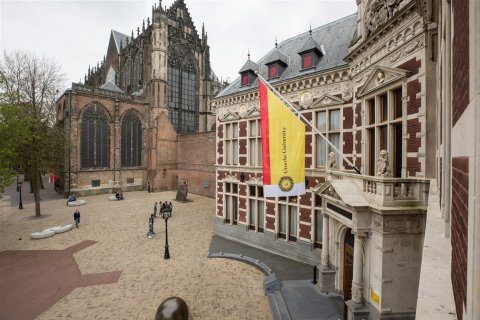
Utrecht University hosts the European Environmental Law Forum conference 2019. The theme this year is: Environmental Law for Transitions to Sustainability - Circular economy, climate change, water resource management and sustainable biodiversity. The conference is held in the historical city centre of Utrecht from 28 to 30 August 2019 and organised by the Utrecht Centre for Water, Oceans and Sustainability Law.
Over the last decades, environmental law has significantly contributed to limiting pollution and decoupling economic growth and negative environmental effects. However, for advanced economies in Europe and elsewhere, reconciling high levels of human development (living well) with environmental sustainability (living within environmental limits) is expected to require five-fold or even ten‑fold improvements in environmental performance. As law will always only be one instrument within an interdisciplinary and multidimensional approach for systemic changes, we strongly encourage interdisciplinary contributions.
The themes of the EELF Conference 2019
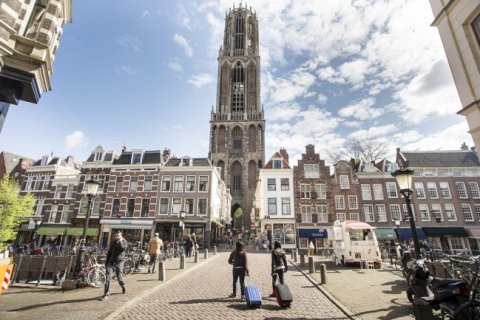
- Sustainability Law
- Transitions to a Circular Economy
- Transitions in order to Comply with the Paris Agreement
- Transitions to a sustainable Management of Water Resources in order to Achieve Water Security
- Can Law halt Biodiversity Loss?
Sustainability Law
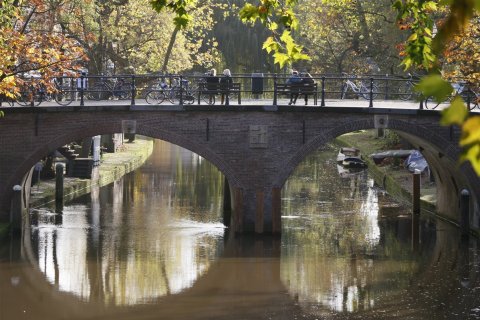
For a long time, the first and foremost aim of environmental law has been to reduce pollution caused by human activities, especially emissions to air and water and other forms of pollution. This seems to be insufficient to achieve a sustainable economy. Systemic changes of our way of producing, consuming and living are required.
Law has to encourage disruptive or breakthrough innovations for more sustainable technologies and processes. What kind of law will optimally serve this aim? Does existing law hamper or at least discourage sustainable innovations and solutions? Do we have to strengthen collaborative governance structures, greater use of “reflexive law” (such as information reporting), and should we emphasize the use of economic incentives? Who will be the driver of innovative sustainable solutions: local communities or private actors, business, national governments or perhaps cities, which seem to face the consequences of our unsustainable way of living most intensively?
What consequences does this have for the development of sustainability law? Do we need to develop and implement laws and legal institutions that do not now exist, or can existing instruments be improved and adapted?
Transitions to a Circular Economy
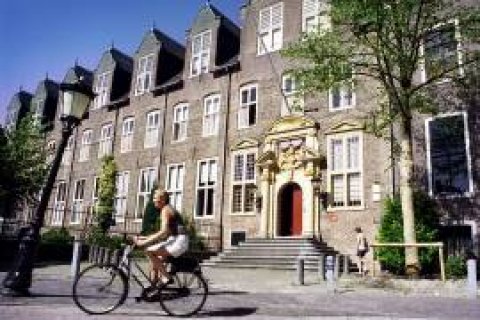
The transition to a circular economy is a systemic change. We have to rethink our ways of producing and consuming. For this transition we will need new technologies, processes, services and business models. To foster a circular economy, all steps of the product lifecycle have to be addressed: the design, production, use and reuse. The legal questions of this systemic change are numerous. Which kind of law encourages new technologies and more circular services? Do we have to rethink the basic principles and goals of competition law, as circular processes urge for an intensive collaboration in the whole product-chain? Do we need waste law any longer or should we replace it with product and materials law? Should the legal rules for accession be changed to promote service contracts? Do we need a review of the minimum warrantee period for certain products?
Transitions in order to Comply with the Paris Agreement
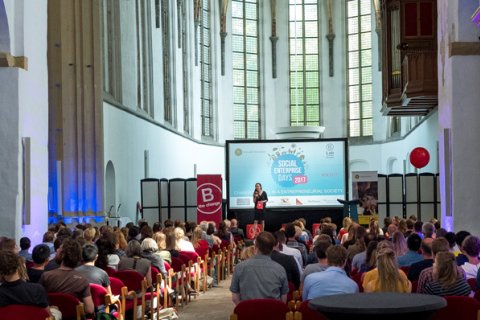
Legal approaches to enforce reduction of greenhouse gas emissions are divers. Market based instruments like emission trading schemes compete with taxing or more traditional command and control approaches. What can we learn from the successes and disappointments of these instruments in the last decades? Which legal instruments foster innovative technologies to decarbonize? How can law contribute to make aviation, which is excluded from the Paris agreement, sustainable? Fighting climate change will require negative emissions technology, probably including Carbon Capture and Storage (CCS). What legal challenges does this bring about?
Transitions to a sustainable Management of Water Resources in order to Achieve Water Security
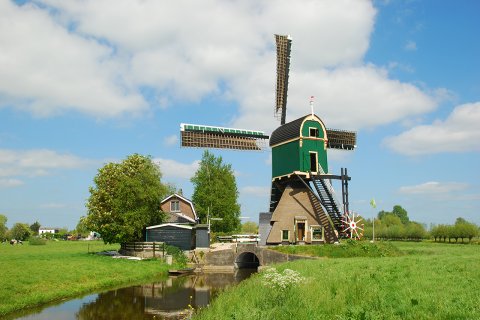
Almost two decades ago, the EU Water Framework Directive (WFD) entered into force. It proposed a holistic approach to water management as it imposed ecological objectives and reinforced river basin management through iterative plans and programmes. It ought to have stimulated resilience to climate change, increased biodiversity in aquatic (and other) ecosystems and reduced nutrient overload. It was introduced as a new regulatory concept and was said to function as a potential template for future EU environmental regulation. Has the WFD fulfilled the high expectations and has it substantially contributed to achieve a sustainable good status for all EU waters? If not, can the directive or its implementation be improved or do we need completely different instruments? Could the WFD serve as a worldwide role-model or are other legal regimes aiming at ensuring water security in urban, rural and coastal areas more promising?
Can Law Halt Biodiversity Loss?
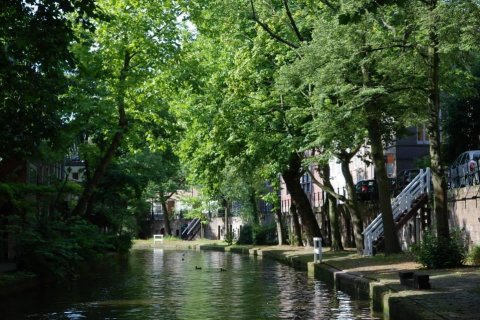
Worldwide, biodiversity still is declining rapidly. In the EU, most of the strictly protected species (more than 60%) and also most of the protected habitat-types are in an unfavorable conservation status. The policy aim of the EU to stop biodiversity loss by 2020 is not within reach. Has law failed? Does the EU law address the main drivers of biodiversity loss, and does it do so effectively? Or would fundamentally different legal regimes be needed to stop biodiversity loss and to work towards an effective protection of nature as the basis for our future living?
Registration is closed. The registration deadline has passed and we reached the maximum capacity of the main conference room. We can no longer accept new participants.
Organizing Committee
- Prof. dr. C.W. (Chris) Backes, Professor Environmental and Planning Law, c.w.backes@uu.nl
- Dr. S. (Sanne) Akerboom, post-doctoral researcher energy law and policy, s.akerboom@uu.nl
- Dr. M.N. (Marlon) Boeve, Assistant Professor Environmental and Planning Law, m.n.boeve@uu.nl
- Dr. A.M. (Andrea) Keessen, Assistant Professor Environmental and Planning Law, a.m.keessen@uu.nl
- Prof. mr. H.F.M.W. (Marleen) van Rijswick, Professor European and Dutch Water Law, h.vanrijswick@uu.nl

